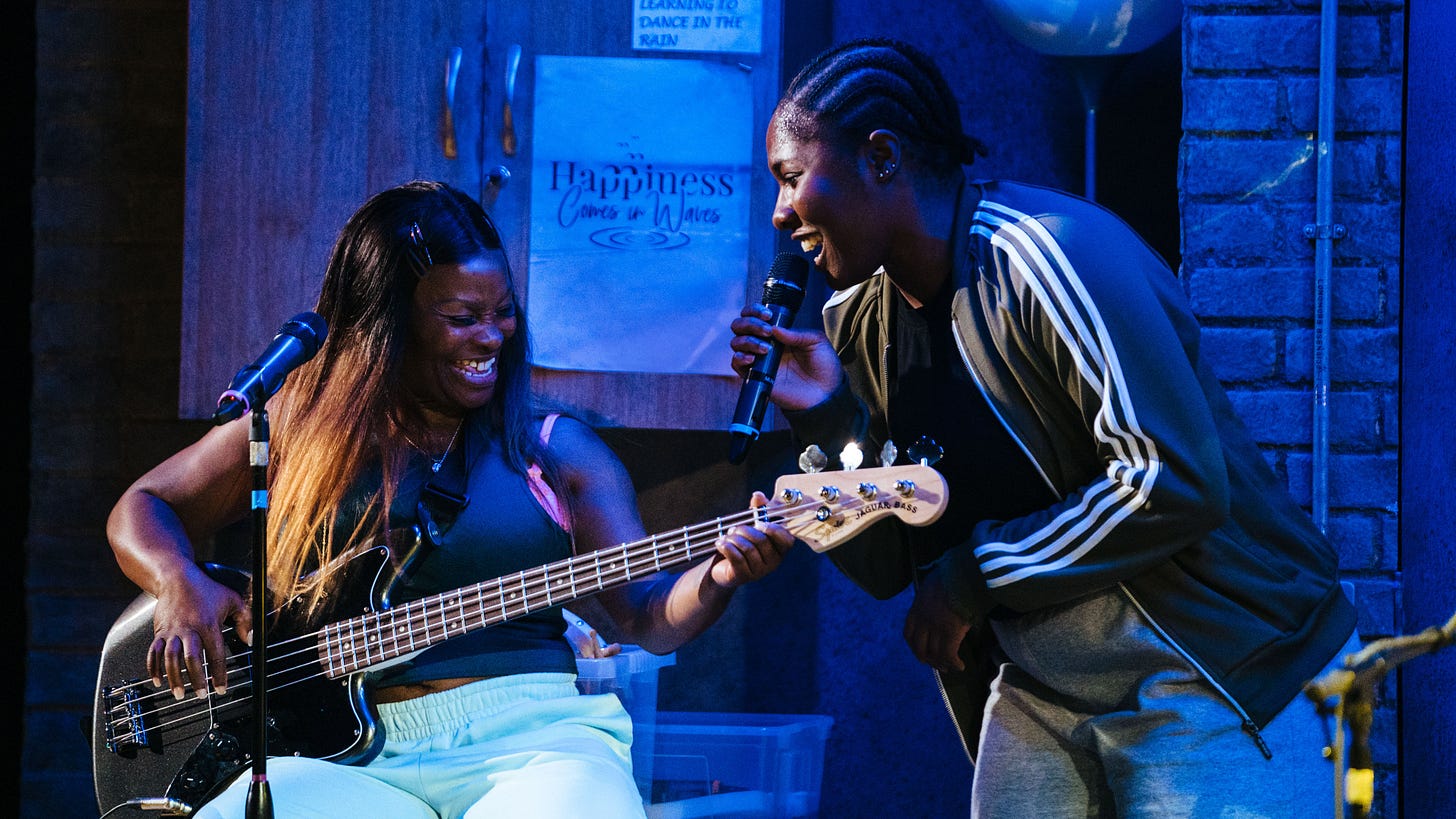Eddy Queens: "I’m so grateful that I put down the crack pipe."
The Typical Girls star on life, motherhood and Whitney Houston. And why she's convinced the 1970s punk band The Slits are an inspiring role model for now.
Actress Eddy Queens is not dead and has never been in prison. This is a miracle.
She acknowledges as much herself when she says: “I believe things happen for a reason.”
It’s not an original sentiment but, in her case, it’s justified. Her backstory goes like this:
Born 56 years ago to Nigerian parents in London, she found early success in the 1987 musical hit Black Heroes In The Hall Of Fame. There were backing vocals for Mica Paris; she recorded her own album. A trajectory of success seemed assured.
But she was dropped by her record label and in the aftermath of that shattering blow she took crack cocaine. Her downward spiral over the next few years into what she calls “living on the streets” is documented with unflinching honesty in her conversation with DJ Fat Tony for The Recovery podcast on YouTube.
But we are not here to focus on that. We are here to celebrate what she is now, what – with support – she has tu…




